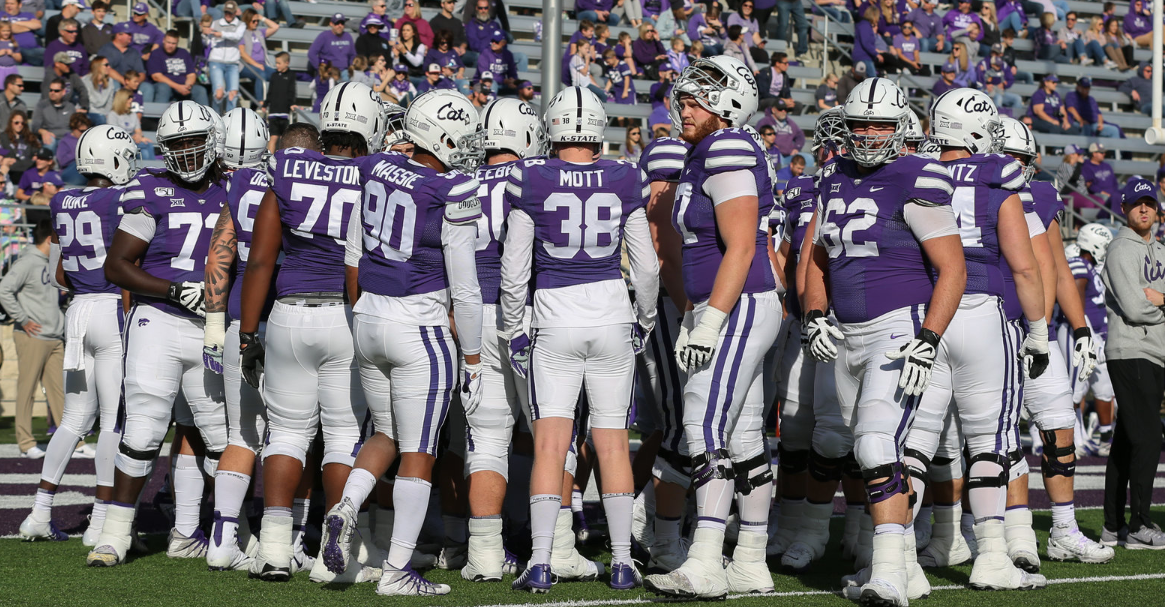Youth sports training is essential in developing young athletes, providing them with skills, discipline, and physical fitness. Incorporating innovative approaches into training regimens keeps up with evolving methods and technologies. One such method gaining popularity is 7 on 7 football, a non-tackle variant emphasizing speed, agility, and strategic thinking.
Innovative approaches to youth sports training can take many forms, from new technologies to novel training techniques. For example, wearable technology can provide coaches and athletes with real-time data on performance, allowing for more targeted training sessions. Virtual reality can also be used to simulate game scenarios and help athletes develop their decision-making skills. Additionally, incorporating mental training and mindfulness practices into training can help young athletes develop focus and resilience.
With the right training and support, young athletes can reach their full potential and enjoy a lifelong love of sports.
Fundamentals of Youth Sports Training
Developing Athletic Skills
Youth sports training should focus on developing fundamental athletic skills such as speed, agility, strength, and endurance. These skills are essential for success in any sport and can be improved through various training methods. One effective approach is integrative training, which combines strength, flexibility, balance, and coordination exercises with sport-specific drills and games. Integrative training allows youth to master fundamentals, improve movement mechanics, and gain confidence in their physical abilities.
Importance of Physical Literacy
Physical literacy is the ability to move with competence and confidence in a wide variety of physical activities in multiple environments. It is a key component of youth sports training and should be developed through various activities, including free play, structured play, and sport-specific training. Physical literacy is essential for lifelong participation in physical activity and has been linked to numerous health benefits, including enhanced immune function, reduced illness risk, improved overall health and fitness, and decreased overweight adiposity.
Psychological Aspects of Training
Youth sports training should also address the psychological aspects of training, including motivation, goal-setting, and mental toughness. Coaches should create a positive and supportive training environment that fosters intrinsic motivation and encourages athletes to set and achieve realistic goals. Mental toughness can be developed through a variety of techniques, including visualization, positive self-talk, and stress management strategies. By addressing the psychological aspects of training, coaches can help youth athletes develop the skills and mindset needed to succeed both on and off the field.
Integrating Technology in Training
Technology has revolutionized youth sports training, offering tools that enhance performance and safety.
- Wearable Fitness Trackers: Monitor vital statistics, helping coaches tailor training programs to individual needs.
- Video Analysis Tools: Enable detailed review of techniques and performance, allowing for precise adjustments.
- Virtual Reality (VR): Provides immersive training experiences, simulating game scenarios to improve tactical understanding and reaction times.
These technologies have been particularly impactful in sports like 7 on 7 football, providing insights into player movements and strategies that were previously unattainable.
Mental Conditioning and Mindfulness
Mental conditioning is as vital as physical training in sports. Techniques such as visualization, goal-setting, and mindfulness can significantly enhance an athlete’s performance. Mindfulness helps athletes stay focused and calm under pressure, improving their decision-making and reaction times. Integrating mental conditioning routines has led to noticeable improvements in player performance, with athletes displaying better concentration and composure during games.
Nutrition and Recovery Strategies
Proper nutrition and recovery are critical components of youth sports training. Young athletes require balanced diets rich in nutrients to fuel their bodies and support growth. Innovative nutritional approaches, such as personalized meal plans and the use of performance-enhancing supplements, are becoming more common. Recovery strategies like cryotherapy, compression therapy, and sleep optimization play a significant role in preventing injuries and maintaining peak performance. These strategies ensure athletes recover quickly from high-intensity activities, maintaining peak performance.
Specialized Positional Training
Specialized positional training focuses on honing the skills required for specific positions in team sports. This targeted approach helps young athletes develop the technical abilities and understanding necessary for their roles. In sports like 7 on 7 football, where each position requires distinct skills and strategies, specialized training is particularly beneficial. Programs that focus on individual skill development, such as quarterback passing accuracy or defensive back agility, have shown to produce well-rounded and highly skilled athletes.
Holistic Approach to Injury Prevention
A holistic approach to injury prevention in youth sports involves multiple components. Strength and conditioning build resilience, while flexibility training enhances range of motion, reducing the risk of strains and sprains. Injury prevention programs, specifically designed for sports like 7 on 7 football, address common injuries by incorporating exercises and techniques that strengthen vulnerable areas. This comprehensive approach ensures that young athletes remain healthy and can sustain long-term participation in sports.
Building a Supportive Coaching Environment
A supportive coaching environment is fundamental to the development of young athletes.
- Positive Reinforcement: Encourages good behavior and effort.
- Mentorship: Provides guidance and role models.
- Effective Communication: Ensures clarity and understanding.
Coaches play a pivotal role in shaping an athlete’s mindset, instilling values of teamwork, discipline, and perseverance. Successful coaching environments are characterized by strong coach-athlete relationships, where athletes feel valued and motivated to perform at their best.
Conclusion
Innovative approaches in youth sports training are transforming the way young athletes develop their skills and achieve their potential. From integrating technology and mental conditioning to emphasizing nutrition, recovery, and specialized training, these methods provide comprehensive support for young athletes. By adopting these innovative approaches, coaches and training programs can ensure the holistic development of young athletes, preparing them for success in their sports and beyond, particularly in dynamic and strategy-driven environments like 7 on 7 football.
Incorporating these innovative methods into youth sports training enhances young athletes’ development, fostering a new generation of skilled, resilient, and well-rounded sports enthusiasts.



























































































































